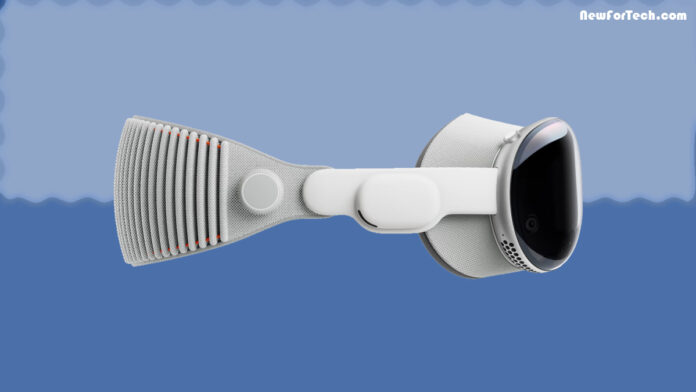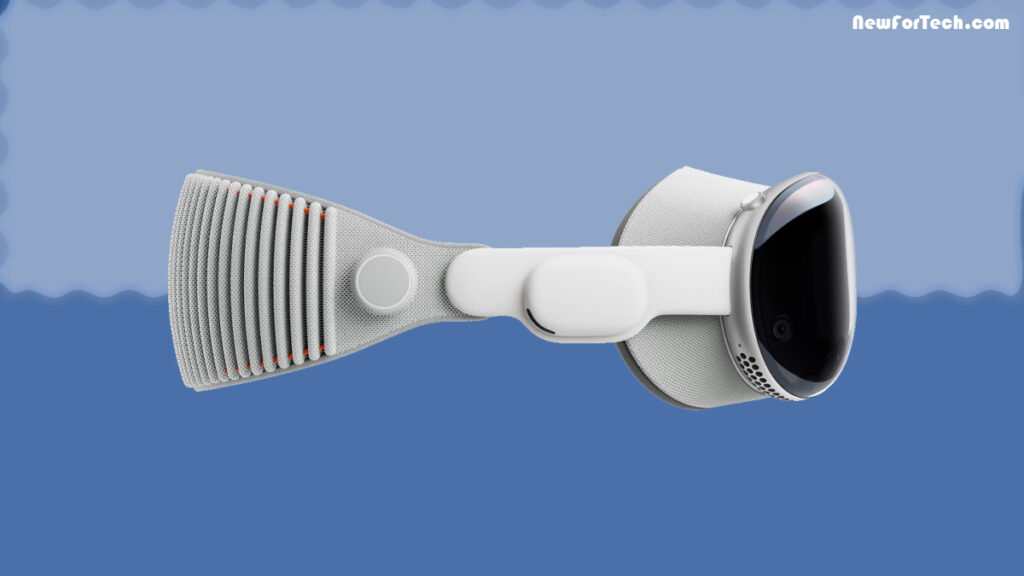Apple’s groundbreaking Vision Pro mixed reality headset stands as a marvel. It combines beauty and power, offering unparalleled virtual and augmented reality experiences. This device represents Apple’s most significant venture since reinvigorating its Mac business in 1998.
If speculations hold, Apple might unveil the first-generation Vision Pro headsets in its retail outlets globally within the next month. According to reliable insider Mark Gurman, Bloomberg’s tech journalist, Apple intends to commence employee training immediately after the New Year. The plan is for these trained individuals to educate others when the headsets hit stores by the end of January.
This revelation aligns with Apple’s prior announcement of the Vision Pro’s expected launch in 2024. The gradual release of information and firsthand experiences throughout the year suggests Apple’s meticulous preparations, evidenced by my two encounters—one post-WWDC and another just last month.
However, what distinguishes the Vision Pro is its departure from Apple’s usual product lineup. Despite its impressive VR/AR capabilities, the device bears minimal resemblance to other Apple products. Thus, the training for retail staff encompasses not only the device’s functionalities but also details like its pricing, customization requirements, and the inclusion of an external battery.
Unquestionably, Apple faces unparalleled challenges in introducing the Vision Pro, setting it apart from any previous product launch.
High Price, High Stakes
The Vision Pro’s price tag places it in a league of its own. At $3,499, it rivals the cost of a robust M3 Pro MacBook Pro 14 inch and surpasses even the most premium iPhones. This hefty investment mirrors a down payment on a luxurious car. Apple, foreseeing a niche market, likely targets affluent early adopters and Vision Pro enthusiasts. Their enthusiasm could pave the way for more budget-friendly versions rumored to debut in 2025.
Navigating Spatial Computing
Apple ambitiously introduces “Spatial Computing” with the Vision Pro, revolutionizing digital experiences in a 3D realm. Unlike traditional 2D screens, objects exist in proximity, distance, and all around. App partners grapple with this novel development language, creating a learning curve for consumers akin to entering a tech-based “Upside Down”—minus the eerie elements. While Apple excels in making the transition intuitive, the inherent complexity persists.
Uncharted Interface Territory
The Vision Pro marks Apple’s foray into uncharted interface territory. Unlike the familiar iPhone, this headset, covering the eyes, signals a radical departure. Dropping into the unknown, users face a perceptible shift from pocket-sized devices to immersive headsets. The transition is formidable, ensuring consumers perceive the Vision Pro as a leap into unexplored technological terrain.
Apple’s Pioneering Device
Entering uncharted territory, Apple’s Vision Pro demands a unique approach. Unprecedented for Apple, customization is essential for users, particularly eyeglass wearers needing prescription lenses. Post-purchase, there’s an additional investment in Zeiss lenses, potentially leading to a week-long wait for the complete Vision Pro experience.
The Enigmatic Battery Pack
The Vision Pro’s sleek battery pack, while aesthetically pleasing, raises eyebrows. Positioned externally, it deviates from Apple’s norm, reminiscent of a vestigial tail. This departure sparks speculation about Apple’s motive—perhaps for easy battery swaps, but the absence of a second pack raises questions. Weight considerations likely prompted this design, enhancing wearability and comfort. However, the cable connecting the pack to the headset and deciding to keep it separate signal an unresolved challenge.
Weighing the Pros and Cons
Assessing the Vision Pro reveals an intriguing product, a departure from Apple’s usual offerings. Despite its excitement factor, potential hurdles surface. The need for customization and an external battery poses challenges for the average consumer unaccustomed to bleeding-edge tech and steep prices. The device’s intuitiveness and Spatial Computing’s promise become crucial. Will the revolutionary spatial photography overshadow these concerns? The answers remain uncertain.
Navigating Uncharted Territory
In January, Apple stepped into its most significant product risk in decades. The outcome is shrouded in uncertainty, leaving us to wonder about the Vision Pro’s reception and its impact on the tech giant’s trajectory.






